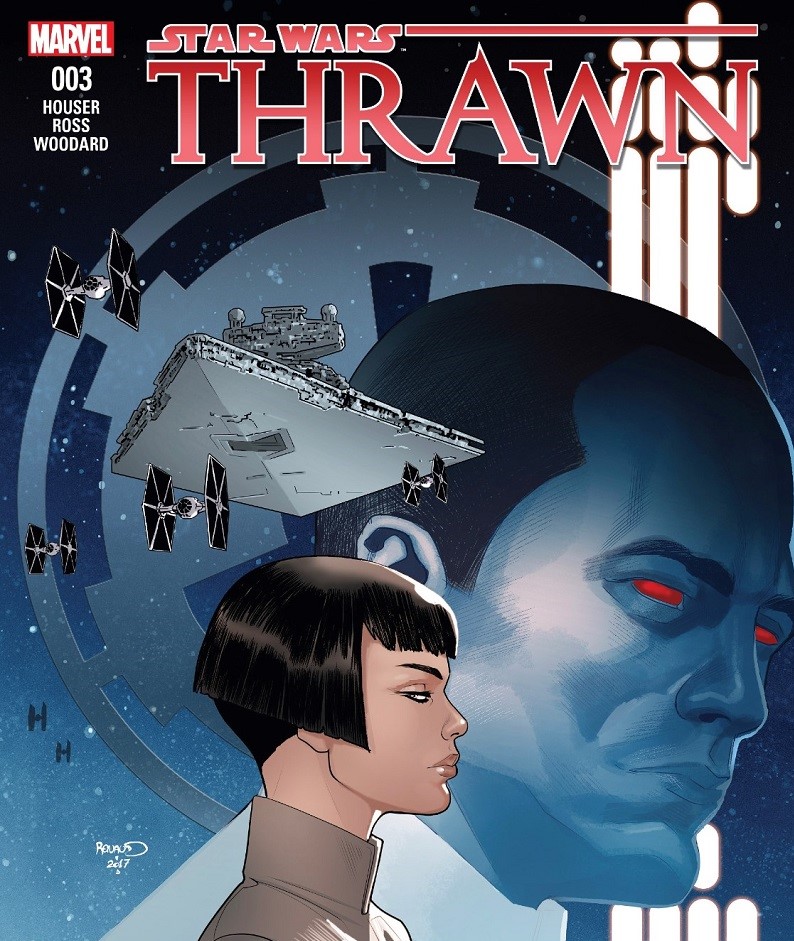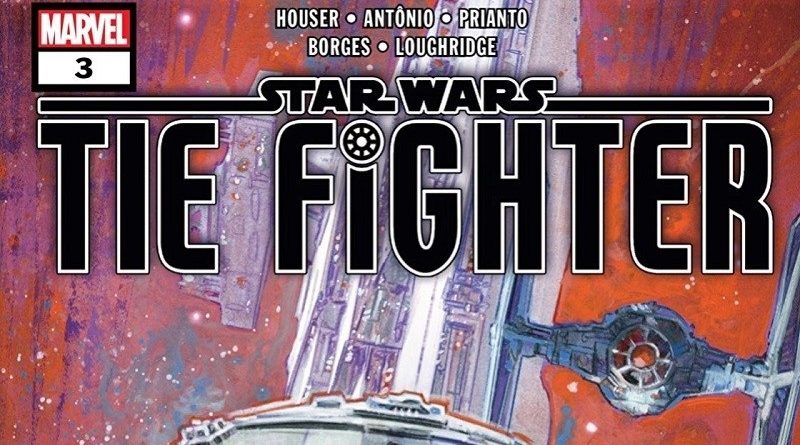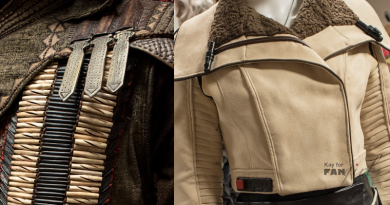Jody Houser: The Woman Behind Marvel’s Star Wars
With little fanfare, writer Jody Houser has become one of the most prolific writers of Star Wars comics under the Marvel banner, with twenty-six writing credits and more to come. More impressively, Houser accomplished this without an ongoing monthly title like Star Wars or Dr. Aphra, but through a slate of limited series. Likely Marvel repeatedly turned to Houser because she exhibited the talent and skill to bring readers to the galaxy far, far away in an intelligent, relatable manner.
This became evident with her first limited series, the comic adaptation of Rogue One in 2017. Houser’s interpretation of the film ushered in more background and focus to both Jyn Erso and Bodhi Rook, the latter an incredibly underserved character. The added attention to Jyn, with less of a focus on her father, showcases the difference between having a male writer and a female writer making creative decisions. Given Jyn’s main protagonist role, the adaptation of Rogue One gives her a little more agency and helps the story feel much more about Jyn than Orson Krennic and Galen Erso.

Houser followed up with an adaptation of Timothy Zahn’s novel Thrawn, the reintroduction of his popular grand admiral into the new expanded universe. A harder task than breaking down one visual medium into another, Houser was given over 200+ pages of text and required to decide what moments in the novel were the most pertinent to squeeze into the limited space allowed by the comic medium.
Her unsurprisingly successful translation of novel to comic adaptation provided an even better opportunity, with Marvel handing her Poe Dameron Annual #2, the first time Houser was granted the chance to fully create her own original story within the Star Wars universe.
After the opportunity to write a story set in the sequel trilogy era, Houser was tapped to draft nine original stories set in the prequel trilogy era. The Age of Republic limited series focused on specific characters, such as heroes Anakin Skywalker, Padmé Amidala, Qui-Gon Jinn, Obi-Wan Kenobi, as well as villains Count Dooku, General Grievous, Darth Maul, and Jango Fett. Many of the stories offered insight into aspects of the characters that had long been neglected, such as Dooku’s time as a Jedi Master after he had become an apprentice to Darth Sidious.

Having conquered the sequel era and then the prequel era, it was only proper that Houser’s most recent work focus on the original trilogy era. TIE Fighter, released as a prelude to Alexander M. Freed’s novel Alphabet Squadron, tells the story of Shadow Wing, the antagonistic force in Freed’s work, in the days leading up to Return of the Jedi. A five issue limited series, Houser adds to the growing stories of life in the Imperial forces during the time of the Rebellion against the Galactic Empire. She touches on how service for the Empire can carry little in the way of conscience regard for others and alternatively, what might drive Imperials to desert for the Rebel Alliance. A terrific series, it should be enjoyed alongside Lost Stars by Claudia Gray and “The Antilles Extraction” in season three of Star Wars Rebels.
In a field still dominated by male creators, Houser has built a foundation of work in the Star Wars franchise. Beginning with adaptations of the work of others, she deftly succeeded in recrafting their stories to make them still feel new and exciting in the comic book medium. Then upon that success, Houser established herself as the author of original stories for our favorite heroes and villains, be it the flyboy Poe Dameron or unorthodox Jedi Master Qui-Gon. Through it all, Houser has made inroads for representation and hopefully will bring more stories from the galaxy far, far away in the future.
- Star Wars The Mandalorian – The Reckoning and Redemption Review - January 15, 2020
- Star Wars: The Mandalorian –The Prisoner Review - January 11, 2020
- Star Wars Resistance – Station to Station Review - January 7, 2020










